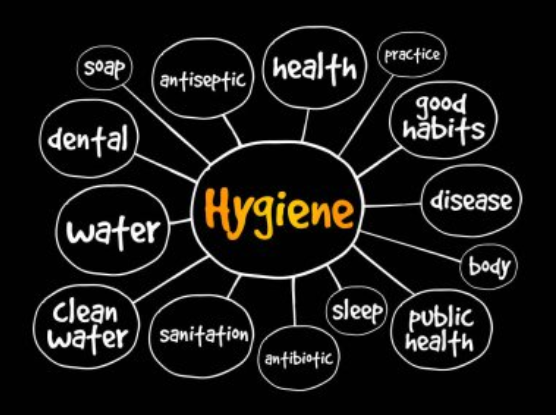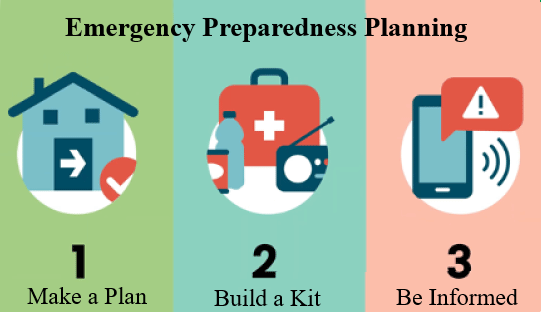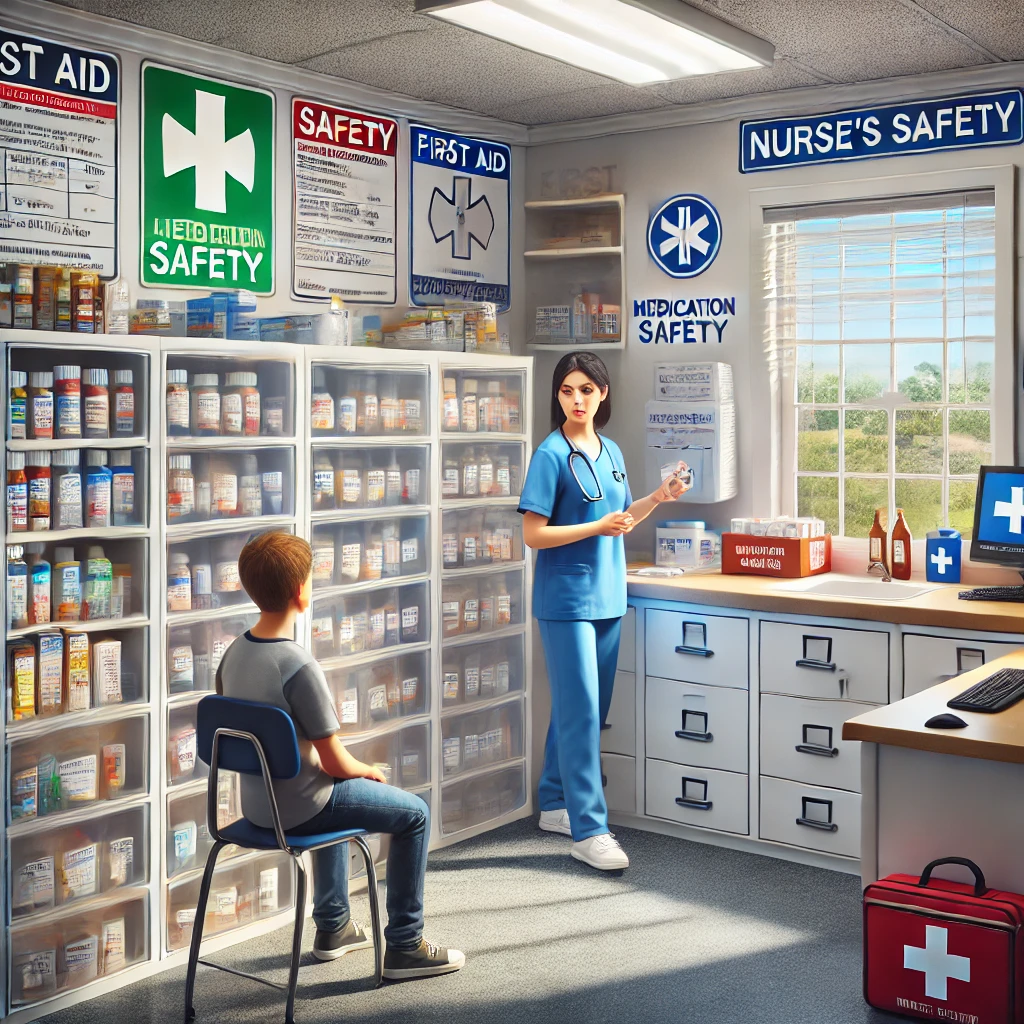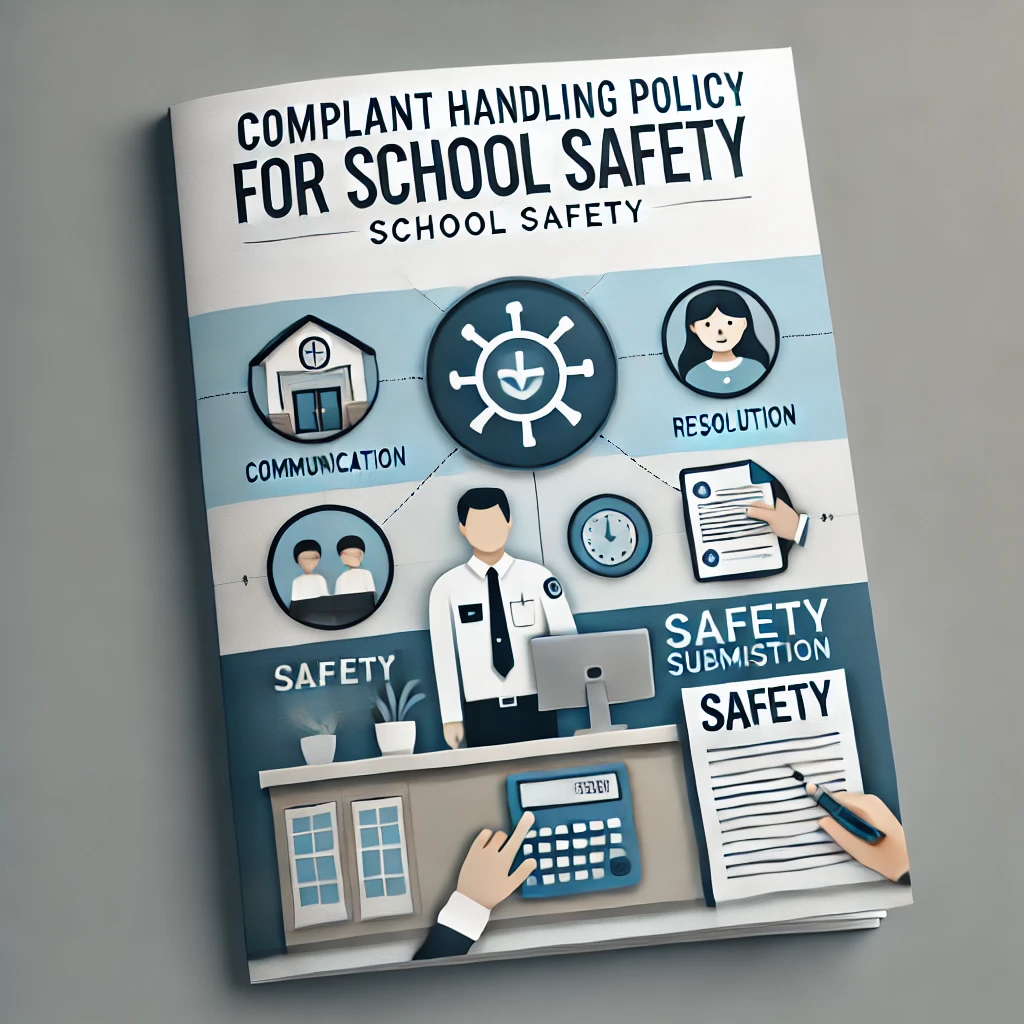Ensuring a safe and healthy environment in schools is critical to
fostering effective learning. A robust Health and Hygiene Policy is essential
for safeguarding students, staff, and visitors from potential health risks
while promoting overall well-being. This blog explores the key components and
benefits of such a policy, highlighting practical measures schools can adopt.
Importance of Hand Hygiene
Proper handwashing is one of the simplest and most effective ways to
prevent the spread of germs. Schools should establish accessible handwashing
stations equipped with soap, water, and disposable towels or air dryers.
Regular education on correct handwashing techniques further reinforces its
importance.
Food Safety Standards
Maintaining food safety is another crucial aspect of the policy. Schools
must ensure proper storage, preparation, and labeling of food items to prevent
contamination. Providing clean drinking water and a designated area for food
preparation and consumption are integral to minimizing health risks.
Waste Management and Cleaning
Proper waste disposal is key to maintaining hygiene. Schools should have
designated trash cans and recycling bins, with protocols for timely waste
removal. Routine cleaning and disinfection of classrooms, restrooms, and common
areas ensure a clean and germ-free environment. Regular inspections can help
identify and address issues like mold or pests promptly.
Addressing Communicable Diseases
The policy should include measures to mitigate the spread of illnesses,
such as maintaining up-to-date vaccination records and enforcing sick-day
guidelines. Schools must educate students and staff on recognizing symptoms of
common diseases and provide protocols for isolation and care if someone falls
ill.
Personal Protective Equipment (PPE)
and Emergency Preparedness
The use of masks, gloves, and other PPE during outbreaks is vital for
preventing disease transmission. Schools should also have clear emergency
protocols for responding to health crises, such as isolating sick individuals,
cleaning exposed areas, and contact tracing.
Mental Health and Allergen
Management
A holistic health policy should address mental health by offering
support systems and emergency protocols for crises. Schools must also manage
allergens like dust or mold, ensuring a safe environment for those with
sensitivities.
Tailored Policies and Regular
Updates
Health and hygiene policies should be tailored to the specific needs of
the school community, considering factors like location and population. Regular
review and updates ensure the policy remains relevant and effective in
addressing emerging health challenges.
Benefits of Implementation
A comprehensive health and hygiene policy promotes a safer, healthier
learning environment. It reduces the risk of disease outbreaks, fosters a
culture of cleanliness, and supports the physical and mental well-being of
everyone in the school.







































